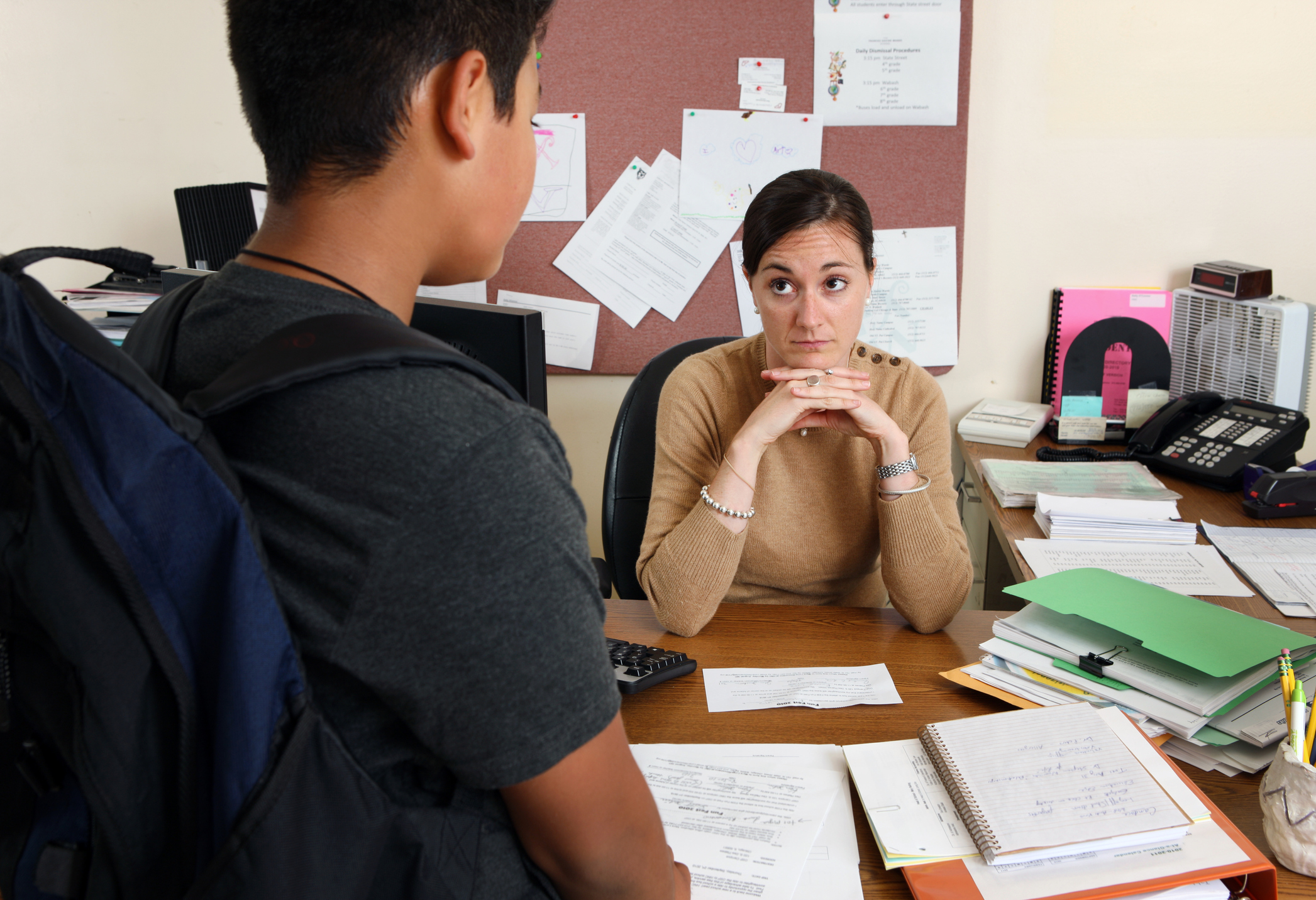School Suspension and Student Rights
Getting suspended from school might not sound that bad sometimes. After all, school days are long, so what’s wrong with a little vacay from the school year every now and then? However, out-of-school suspensions likely become part of your permanent school record. (And your parents get Big Mad too.)
But don’t freak out yet. While the procedures for school discipline may be different depending on state law and your school’s code of conduct, public school students have specific rights if punished with disciplinary action that removes them from the school setting. Here’s what you should know if you get suspended or expelled from school.
Know Your Student Rights
You may be surprised, but students are actually entitled to public education. It’s because of this right that schools must follow a specific process before removing students from school, typically through suspension or expulsion.
According to the U.S. Supreme Court, students receive due process protections if a school administration wants to ban them for “more than a trivial period.” Due process consists of “substantive” and “procedural” rights that are guaranteed by the Fifth Amendment to the U.S. Consitution and must be respected before you can be deprived of life, liberty, or property.
You might not think this seems very helpful, but remember, as a student, you have a right to an education. And the Supreme Court has also ruled that the 14th Amendment entitles students to “procedural” due process before being deprived of that right. Basically, this means if you’re accused of misconduct at school, you get to defend yourself fairly before you can be suspended or expelled and barred from school grounds.
Disclaimer: This isn’t a “get out of jail free” card, and school officials still have a lot of authority when it comes to enforcing school policies. But if school staff fails to take certain steps during the punishment process, their actions may be unconstitutional, and you might be able to fight back.
What To Do if You Get Suspended
What your due process rights as a student look like can vary depending on the severity of the punishment. Usually, minimum due process protection is required for minor disciplinary action like in-school suspension. You should receive greater protection and the school must follow formal procedures for cases involving harsher punishments. Your state department of education, school board, and school district administrators (like principals and superintendents) probably have their own policies and procedures to follow when disciplining students.
So how do you and your parents or guardians know if your rights have been violated? If you are suspended for a short period of time, think about whether school personnel followed minimum due process requirements by providing you with the following:
- Notice of your alleged misconduct and the proposed punishment (some states require written notice)
- An explanation of the evidence against you
- The opportunity to challenge the ruling and present your side of the story
If you’re punished with a lengthy suspension or expulsion, your school should also give you the opportunity to:
- Participate in a disciplinary hearing with witnesses, evidence, and an attorney
- Appeal the hearing officer’s decision and inform you of the appeal process
Students who have a disability, receive special education, or have an Individualized Education Program (IEP), may also be entitled to a manifestation determination meeting before they can be suspended or expelled.
Keep in mind that schools can immediately suspend students who pose a threat or danger on school property, but administrators should still schedule a hearing as soon as possible. Also, there may be exceptions to due process protections for students who attend private schools.
If you’re a student or the parent or guardian of a suspended student, and you have questions about your child’s suspension or your child’s school, you can find an education attorney using our lawyer directory. You can follow us on social media for more information and quick videos explaining students’ rights at the following:
- TikTok: @FindLaw
- Instagram: @FindLaw
- Facebook: @FindLawConsumers
Related Resources:
You Don’t Have To Solve This on Your Own – Get a Lawyer’s Help
Meeting with a lawyer can help you understand your options and how to best protect your rights. Visit our attorney directory to find a lawyer near you who can help.






